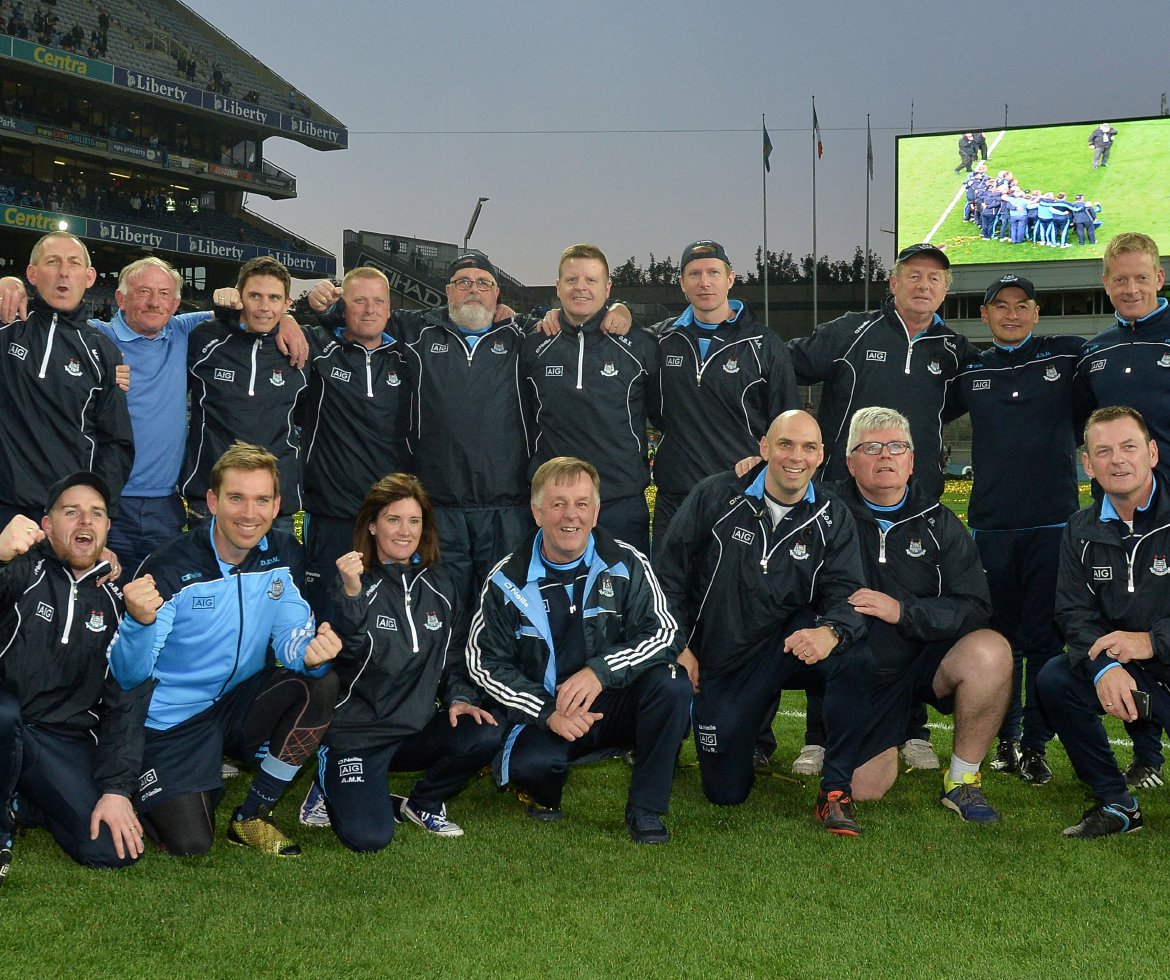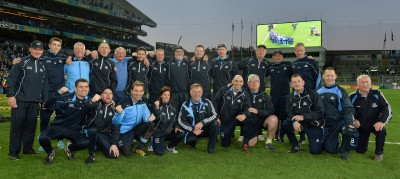AS the majority of clubs have wrapped up for the year, we are now well and truly in the middle of silly season.
Clubs will be assessing the merits of sticking or twisting with their current management teams, as will managers and selectors. In an age of social media, rumours of potential appointments are as frequents as a ping on the Covid close contact app.
Modern club management teams have evolved in recent years to almost professional set-ups. I can only imagine that county set-ups are at such a level that NASA can’t compete with them.
If we think of the traditional club management team in the past you had three club men. One would be the figurehead as manager and two others would be selectors and general worker bees. There were no mobile phones so you would train twice a week and have a match on a Sunday and unless you died you were there.
Take a snap-shot of modern club management teams today and it’s a much different picture. Many clubs now have an outside manager, strength and conditioning coach, a statistics and performance analysis person, a forwards coach and selectors. Just on that, I would like to welcome Donal O’Hare to St Bride’s as our new forwards coach. Teams usually train twice per week collectively and play one game on top of their two gym session per week.
Furthermore, teams are starting back earlier each year in order to gain a perceived advantage on other clubs. We are at a point now where teams are going from the cool down after the last game of the season to meeting next year’s management team. Indeed, my old mate Stevey Poacher was rumoured to have been choppered in to Mayobridge from Roscommon straight after the Galway game, though I think he started that rumour.
Management teams must employ a qualitative approach over a quantitative approach. It’s much better to do 10 quality sessions than 50 sessions that are done for the sake of appearing to do more than the team up the road.
Players need to have disconnect between seasons and time to live their lives. Forcing them to almost 11 months a year of commitment to training will ultimately kill their motivation. I would suggest that quality of work in a focused time period is much more effective than a time consuming spread of mediocrity.
As I have previously stated, I feel that the club and county games will eventually become mutually exclusive. It is therefore of paramount importance that club management set-ups are increasingly endeavouring to create a product that is best for the club player.
Too many of us try to benchmark ourselves against a county set-up, instead of allowing the club game find its own identity. There is no reason why the two can’t exist in tandem and have two amazing products.
A great example of this is the NFL and the college football system in America. It is the same game but they are separate entities that produce amazing spectacles independent of each other. The best college players eventually are drafted to the NFL but college ball flourishes as its modus operandi is a constant development of talent.
If club management set-ups are effective then the best players will still graduate to the county team but the club product will continue to flourish by constantly developing better players.
Receive quality journalism wherever you are, on any device. Keep up to date from the comfort of your own home with a digital subscription.
Any time | Any place | Anywhere













